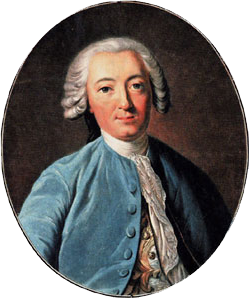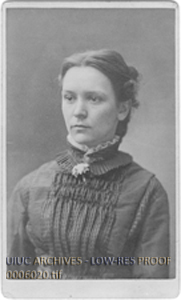A Quote by Daniel Dennett
Consciousness is cerebral celebrity--nothing more and nothing less. Those contents are conscious that persevere, that monopolize resources long enough to achieve certain typical and "symptomatic" effects--on memory, on the control of behavior and so forth.
Related Quotes
For the mind and the imagination, bookstores aren't enough, college courses aren't enough, the Internet isn't enough. Those resources are all governed by the tastes and needs of the moment. Only libraries take the long view, quietly shelving the unused with the used, knowing that one of these days the two categories will be reversed by a student's discovery of those hitherto undisturbed volumes whose contents will unsettle the learned world.
What do you mean less than nothing? I don't think there is any such thing as less than nothing. Nothing is absolutely the limit of nothingness. It's the lowest you can go. It's the end of the line. How can something be less than nothing? If there were something that was less than nothing, then nothing would not be nothing, it would be something - even though it's just a very little bit of something. But if nothing is nothing, then nothing has nothing that is less than it is.
Conscious mind is a spatial analog of the world and mental acts are analogs of bodily acts. Consciousness operates only on objectively observable things. Or, to say it another way with echoes of John Locke, there is nothing in consciousness that is not an analog of something that was in behavior first.
When I find that I am more conscious, it's because I'm in tune with a higher reality. When I'm less conscious, it's because I've cut off that entunement to some extent. Maybe through drinking, through anger, through whatever. And I realized then that God has to be an infinite consciousness, and that I had to be an expression of that consciousness. And that the goal of life then must be to become more and more in tune with that consciousness. And I decided to give my life to God. And around that time, to make a long story short, I found Autobiography of a Yogi.
The way the universe evolves in consciousness of itself and causes itself to be. We are just this blessed consciousness, nothing more, nothing less. We are the light inside light that fuses into the atoms of our bodies; we are the fire that whirls across the stellar deeps and dances all things into being.
When a miser contents himself with giving nothing, and saving what he has got, and is in other respects guilty of no injustice, he is, perhaps, of all bad men the least injurious to society; the evil he does is properly nothing more than the omission of the good he might do. If, of all the vices, avarice is the most generally detested, it is the effect of an avidity common to all men; it is because men hate those from whom they can expect nothing. The greedy misers rail at sordid misers.
It occurred to me that when a person chooses certain behaviors, they have complete, 100% control over their choices. But once the behavior is chosen, therein lies the extent of the effects of that choice. One has 0% control over what happens to them or to their body as a result of that choice. You can choose how you respond to the consequences, but control is relinquished. Choose carefully!








































